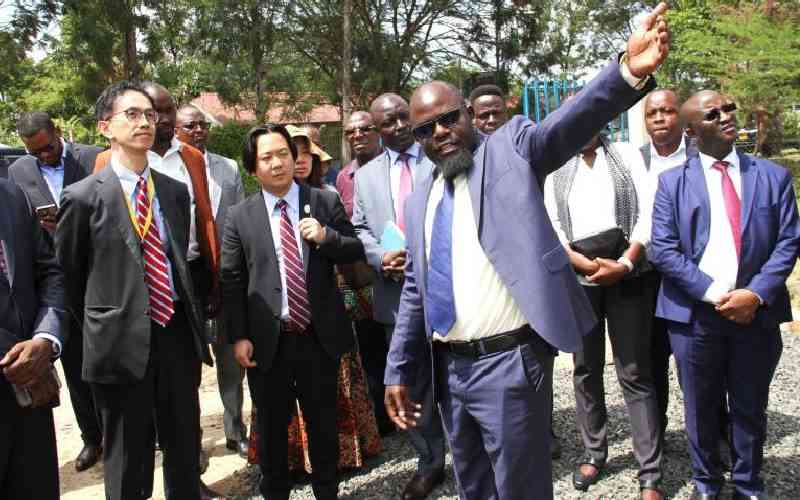×
The Standard e-Paper
Home To Bold Columnists

The Japanese government has pledged to spend more than Sh96 million to complete the ongoing sanitation project in Kajiado County.
The project will use new technology to separate human urine and faecal matter that will be later treated to make fertiliser as the end product.